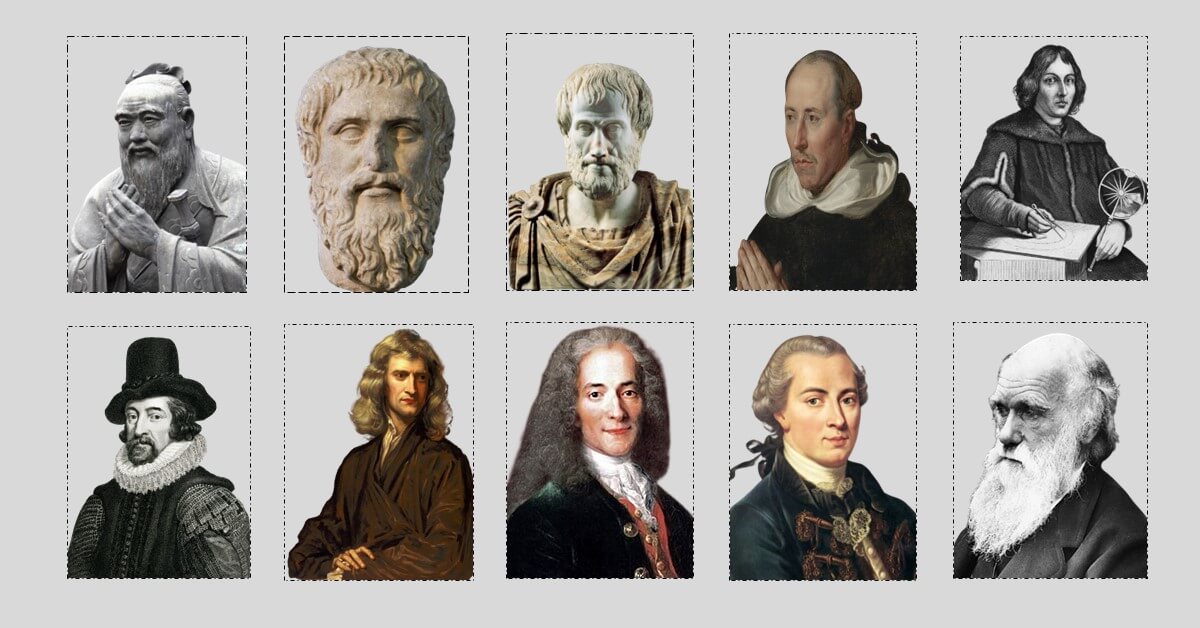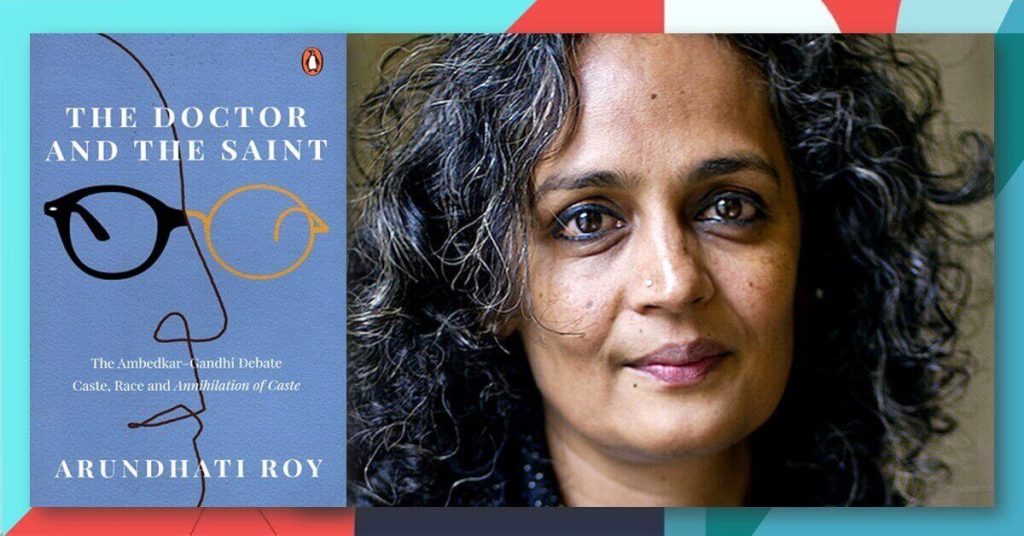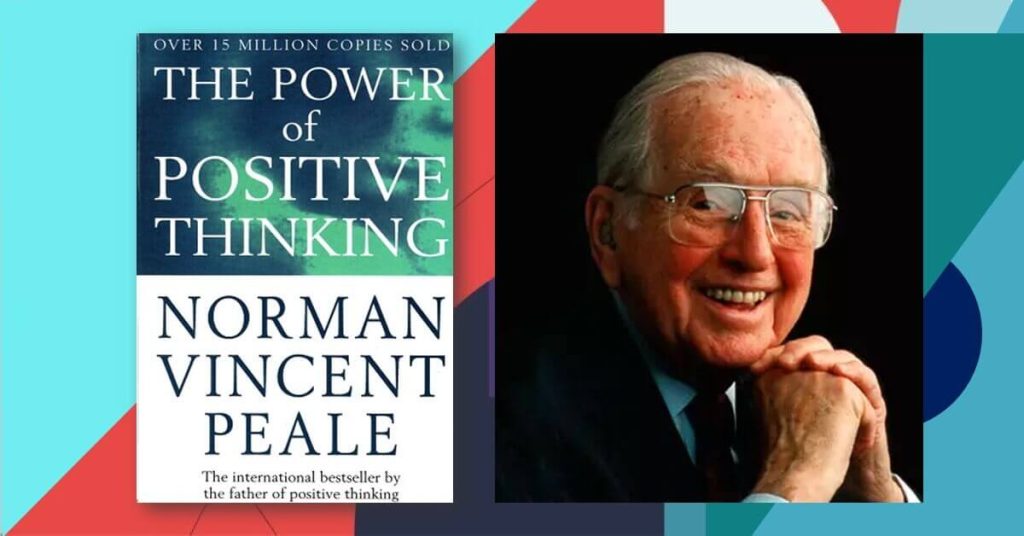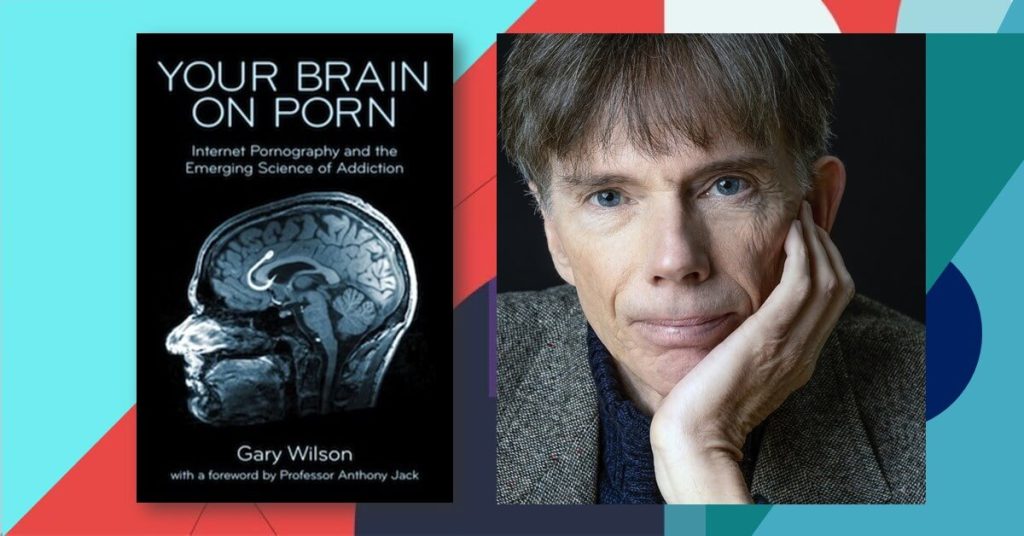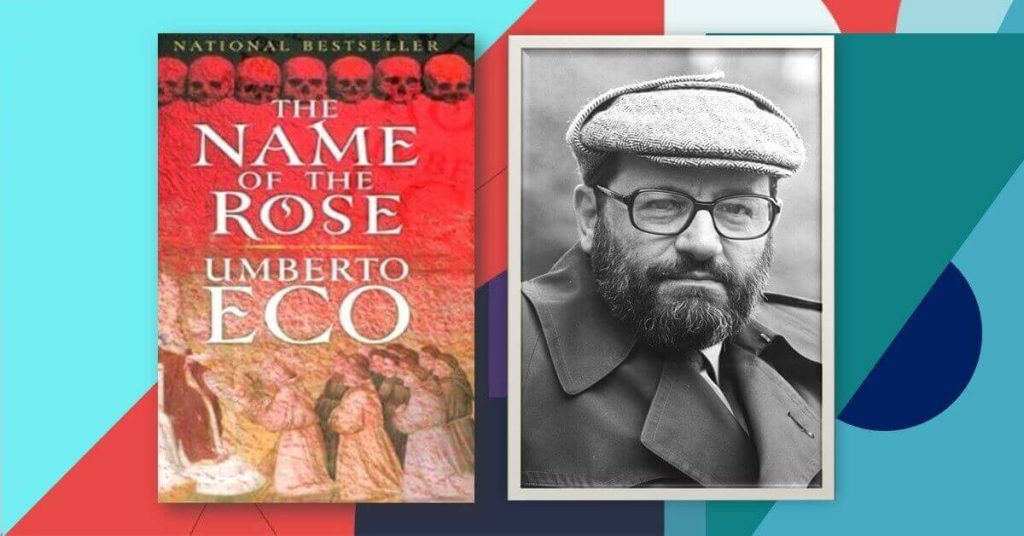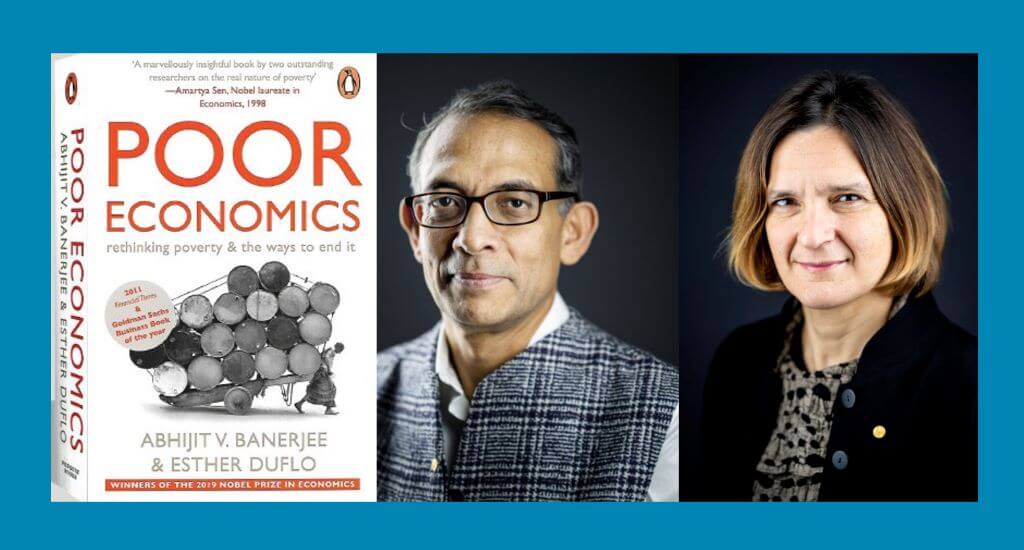Last updated on November 11th, 2023 at 06:20 pm
Will Durant talks about the 10 greatest thinkers of all time in his The Greatest Minds and Ideas of All Time. In the book, The renowned philosopher, historian, and writer Will Durant presents us with some brilliant and immensely influential minds who have been recognised as secular thinkers. In this remarkable work, Durant explores and presents an extraordinary collection of influential thinkers and their groundbreaking ideas that have shaped human civilization. This is a review perception of The Greatest Minds and Ideas of All Time.
Durant could have been influenced by the ideas of religious leaders, but he has not. I am enlightened to see the list of the 10 greatest minds and 100 books he recommends to enlighten our minds. With its profound insights and captivating narrative, this masterpiece has captured the hearts and minds of readers worldwide, I suppose.
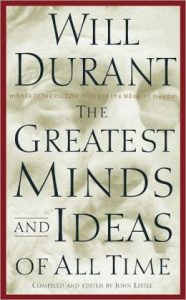
However, as we delve into the depths of knowledge, philosophical ideas and the art of crafting exceptional content, we embark on a journey to outshine even the most esteemed competitors of modern times. “The book”, says, John Little “is unabashedly “prohuman” and serves to underscore the splendour of our intellectual and artistic heritage”. And I feel my debt to the interested readers has been paid off as I decided to write a little about the book.
My journey with The Greatest Minds and Ideas of All Time was exceptionally delightful. Every page is filled with Durant’s intellectual and philosophical quests with highly polished sentences. Surprisingly, Durant is not of the conventional thinkers who cannot step outside the purview of religion when it comes to ideas and thinking.
10 Greatest Thinkers
Surprised that Durant does not include thinkers like Euripides, Lucretius, Dante, Leonardo, Shakespeare, or Goethe to his list of ‘thinker”, nor religious leaders like Jesus, Buddha, Augustine or Luther for they either first and above all are artists or renewers of religions. Durant thinks leaders like Pericles, Alexander, Caesar, Charlemagne, Cromwell, Napoleon or Lincoln are unqualified to be on the list of the greatest thinkers of all time because they are just heroes, and do not fall on his description of “thinker”.
As to define his sort of “thinker”, Durant writes, “We must bear in mind above all is the extent and persistence of his influence upon the lives and minds of men. We hall seek those men who by their thinking, rather than by their action or their passion, have most influenced mankind”. Therefore, the list includes-
- Confucius
- Plato
- Aristotle
- Saint Thomas Aquinas
- Copernicus
- Sir Francis Bacon
- Sir Isaac Newton
- Voltaire
- Emmanuel Kant and
- Charles Darwin
Unprecedentedly, Durant put Confucius on top of the list overstepping Buddha. For, he thinks, Confucius was a moral philosopher more than he was a religious thinker. Similarly, I could have never imagined placing Saint Thomas Aquinas on the list ahead and above of Saint Agustin or Jesus Christ. I think this is where the strength of Will Durant in regard to his uninfluenced and unbiased ideas stands out. Moreover, to everyone’s surprise, Socrates is not there whom he thinks is half a mystery.
However, Durant’s narrative of Plato and Aristotle is enthralling. Being true to his definition of “thinker”, Durant lays down his reasons as to why he includes them to his list of the 10 greatest thinkers. Aquinas’s spearheading approach in uniting factions and bringing men from the battlefields to settled life, Copernicus’ revolutionary thinking geocentric universe, Sir Francis Bacon’s philosophical ideas and inspirations behind the formulation of the Royal Society of Great Britain, Sir Isaac Newton’s exceptional contribution to the scientific field, Voltaire for revolutionising the intellectual arena and Darwin for his ideas on the “natural selection”, the ideas that kept us glued to.
10 Greatest Poets
Durant’s ideas behind selecting the 10 greatest poets threw some light on why some popularly accepted great poets are left out. Durant’s selection of the 10 greatest poets are Homer, David, the psalmist, Euripides, Lucretius, Chinese poet Li-Po, Europe’s Dante, English poet Shakespeare, John Keats, P. B Shelly and Walt Whitman.
Additionally, Durant suggests the 100 best books for educating oneself. About the books Durant tells us, “Let me have seven hours a week and I will make you a scholar and philosopher out of you, in four years you shall be as well educated as any new-fledged Doctor of philosophy in the land”.
What is fascinating is the way Durant divided his selection of 100 books into 11 groupings beginning with “Introductory” and starting with The Outline of Science By J.A Thompson to “American” civilisation beginning with The Rise of American Civilisation by C. Beard. Though they are not the best-selling books but are certainly capable of making a great man out of you.
12 Important Dates In World History
Durant proceeds with the 10 most important inventions, like ‘fire’ or ‘speech’ to 12 vital dates that changed the trajectory of world civilisation one after another throughout history. Being the celebrated writer of The Story of Civilization in XI volumes, Durant know what he talked about when he started the 12 important dates starting from the fifth millennium BC to the eighteenth century AD.
- 4241 BC -The Introduction of the Egyptian Calendar
- 543 BC – The Death of Buddha
- 478 BC – The Death of Confucius
- 399 BC – The Death of Socrates
- 44 BC -The Death of Julius Caesar
- 6 (?) BC – The Birth of Christ
- 632 AD – The Death of Muhammad
- 1294 AD- The Death of Roger Bacon
- 1454 AD – The Press of Johannes Gutenberg
- 1492 AD – Discovery of America by Columbus
- 1769 AD – James Watt brings the steam engine to practical utility
- 1789 AD – The French Revolution
Throughout the pages of this enlightening book, Durant guides readers on a captivating journey through history, delving into the lives and works of renowned intellectuals, philosophers, scientists, artists, and writers who have left an indelible mark on our world. From ancient civilizations to modern times, Durant’s selection spans across different epochs and cultures, offering a comprehensive panorama of human thought.
In this regard, I would love to mention two quotations from The Greatest Minds and Ideas of All Time, one that Duran mentions regarding Confucius and another about Plato’s Republic. Below is a quotation from Confucius that I have never come across before I read The Greatest Minds and Ideas of All Time.
It is about how important for us to cultivate and perfect our own nature, character and understanding before we wish to impose any moral ideals upon others, or the states in Confucius’s case. Mahatma Gandhi echoed a little similar proposition when he said, “Be the change first that you want to see in others”.
“The outstanding elders, when they wished to make clear and to disseminate the topmost values in humanity, they put their countries in proper order. Before positioning their countries in proper order, they controlled their families. Before controlling their families, they developed their own natures. Before developing their own natures, they polished their psyches. Before polishing their psyches, they tried to be earnest in their thoughts. Before attempting to be earnest in their thoughts, they extended their wisdom to the utmost. Such enquiry of wisdom lay in the enquiry of things, and in observing them as they truly were.”
“When things were therefore enquired, wisdom came perfect. When wisdom was perfect, their thoughts came earnest. When their thoughts were earnest, their psyches came perfect. When their psyches were perfect, their own characters came refined. When their characters were refined, their families came regulated. When their families were controlled, their countries came to be put into proper order. When their countries were in proper order, also the whole world came peaceful and happy.”
The quotation has been paraphrased. Regarding Plato and his Republic, Duran suggests, “Are you interested in anything? —read the Republic: here you shall find metaphysics, spirituality, ethics, theory of education, psychology, theory of diplomacy, theory of art; here you shall find feminism and socialism, birth-control, communism and with all their virtues and their difficulties, libertarian education, eugenics and democracy, aristocracy and vitalism and psychoanalysis—what shall you not find here? No wonder Emerson awarded to the Republic the words which the occasionally pious Omar had written of the Quran: “Burn the libraries, for their value is in this book.”
Durant’s keen insights and engaging writing style bring to life the intellectual giants of their respective eras. He provides a thoughtful analysis of their ideas and their impact on society, presenting a nuanced understanding of the historical context that gave rise to their brilliance. From the philosophical musings of Plato and Aristotle to the scientific discoveries of Newton and Einstein, from the artistic genius of Leonardo da Vinci to the revolutionary ideas of political thinkers like Rousseau and Marx, Durant showcases the diverse range of human intellectual achievement.
Conclusion
The Greatest Minds and Ideas of All Time is not merely a collection of biographies or summaries of philosophical treatises; it is a celebration of human intellectual curiosity and the power of ideas to shape our world. Durant’s masterful storytelling and deep appreciation for the intellectual heritage of humanity make this book an invaluable resource for anyone seeking to explore the profound contributions of the greatest minds throughout history.
By submerging ourselves in Durant’s thoughts and ideas of these great thinkers, poets, inventions and dates, we gain a deeper understanding of the ideas that have shaped our societies and continue to influence our thinking today. The Greatest Minds and Ideas of All Time is a testament to the enduring power of human intellect and the timeless relevance of the ideas that have propelled our civilization forward.
The Greatest Minds and Ideas of All Time
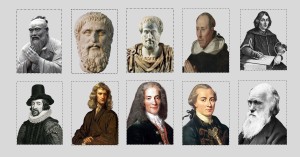
Will Durant talks about the 10 greatest thinkers of all time in his The Greatest Minds and Ideas of All Time. In the book, The renowned philosopher, historian, and writer Will Durant presents us with some brilliant and immensely influential minds who have been recognised as secular thinkers. In this remarkable work, Durant explores and presents an extraordinary collection of influential thinkers and their groundbreaking ideas that have shaped human civilization. This is a review perception of The Greatest Minds and Ideas of All Time.
URL: https://cutt.ly/swefvbFq
Author: Will Durant
4.5
